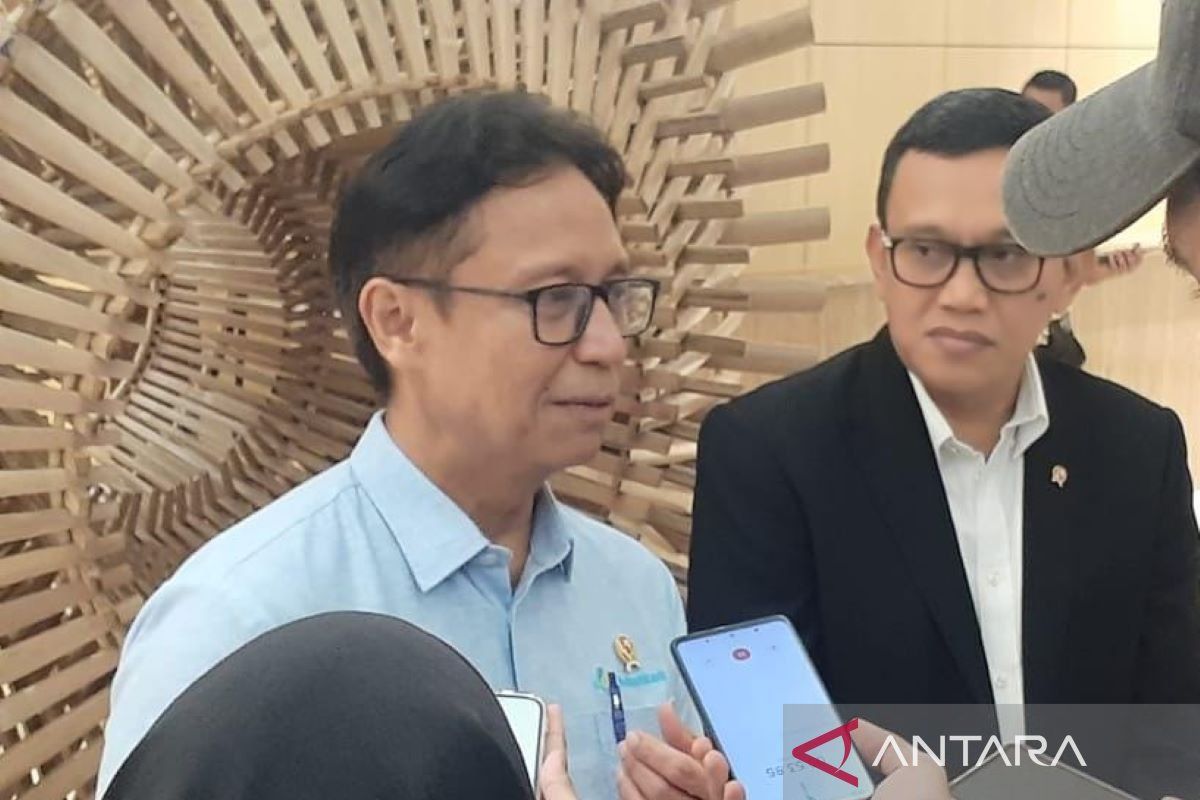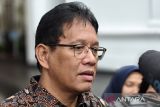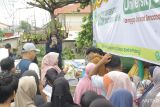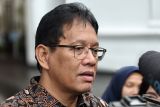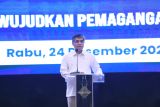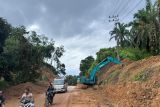Jakarta (ANTARA) - According to the Health Ministry, the global need for nurses has reached 6.4 million, and Indonesia is in a great position to capitalize on it.Therefore, the Health Ministry and the Ministry of Protection of Indonesian Migrant Workers (P2MI) are trying to accommodate it from a regulatory perspective.
Health Minister Budi Gunadi Sadikin on Monday said that sending health workers abroad could help meet the global need and improve the workers' quality of life.
For example, Indonesian health workers in Japan can earn around Rp30 million (US$1,788) and those in Germany can make up to Rp50 million (US$2,981) per month.
"However, we only send thousands of health workers (abroad). Less than 10 thousand," Sadikin said.
According to the minister, Indonesia has 38 health polytechnics, which are run by the Health Ministry. In the past five years, only two thousand health workers were sent abroad, or an average of 400 people per year.
Baca juga: Kementerian P2MI, Kemendag mendorong kerja sama promosi pasar untuk PMI
"If possible, I ask for an increase of two thousand per year, then up to five thousand and 10 thousand," he said.
On the same occasion, P2MI Minister Abdul Kadir Karding said that both ministries are trying to meet the global standards for migrant worker placements, for example, in terms of health checks.
Baca juga: Kementerian P2MI perkuat penempatan dan perlindungan PMI di NTB
"We are trying to simplify the procedures, similar to other countries. If other countries only require cholesterol and uric acid tests, we do not need to add more stuff," he added.
He is also trying to standardize health check prices between regions. He said that he will find a suitable financing model that does not burden prospective migrant workers.
Third, he is continuing to focus on preparing the workforce through health polytechnics. The minister said he expects one polytechnic to prepare special workers for Germany and another to prepare workers for Japan.

